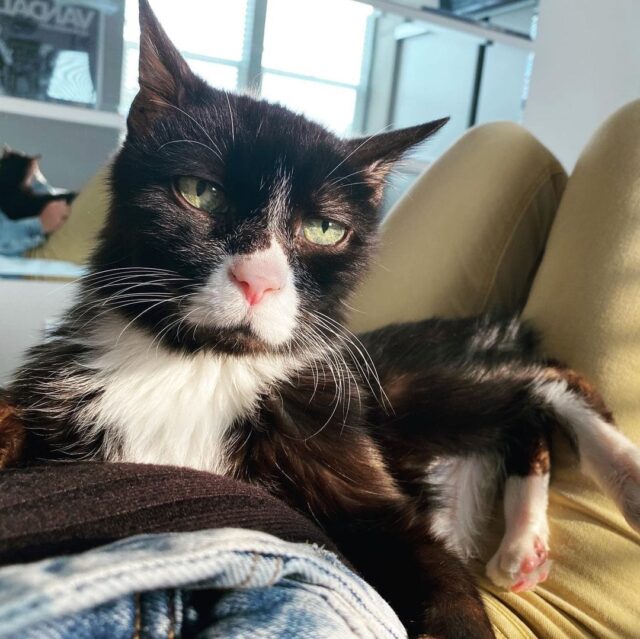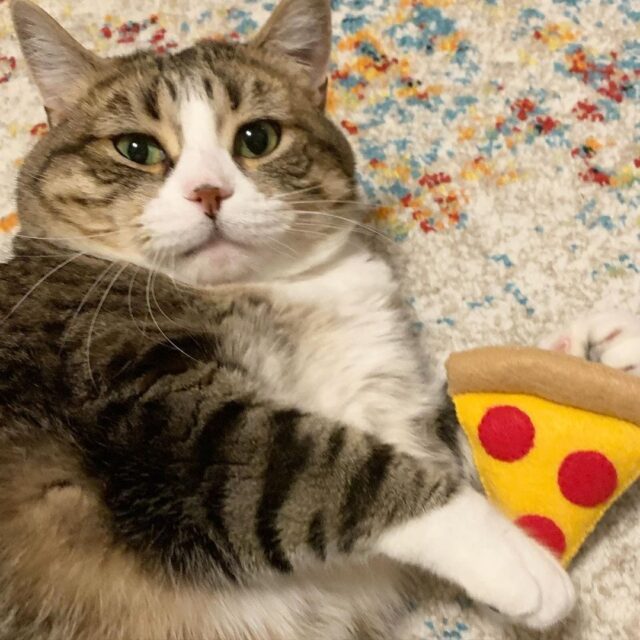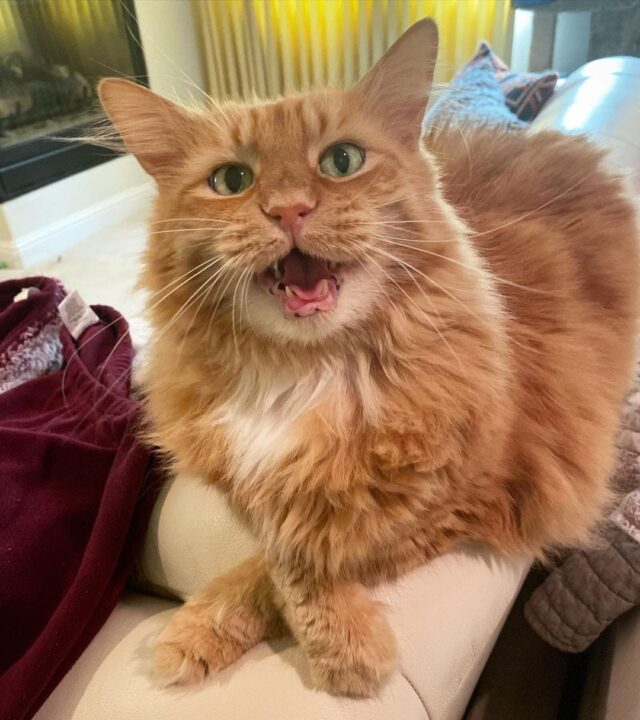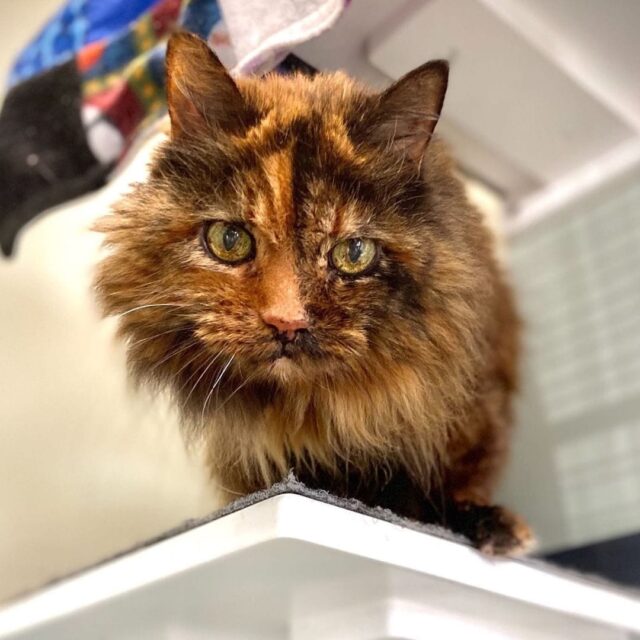Often overlooked in shelters, senior cats get a bad rap for being cantankerous and aloof, but that’s not true at all! Like adult humans, they’re just over all the drama and want to take a good nap. In between the snoozes, old kitties love to chill and be happy. They’re the ideal companions for comfy snuggles and the quiet life.
But what defines senior age in cats? With advancements in veterinary care technology, nutrition, and general cat care guidelines, the senior age classification for cats has been raised from 8 years to 12-14 years of age, according to Richard Goldstein, DVM, with Cornell University College of Veterinary Medicine.
With his oldest feline patient coming in at 22-years-old, Dr. Goldstein explains, “Growing older is not a disease. While it’s true that senior cats are more likely to get different conditions, some older cats are perfectly normal and don’t change at all.”
While senior cats may need some extra care to keep their aging bodies comfy and healthy, these wizened felines have so much to offer. When it’s time to bring a cat home, consider a senior and give them the forever home they deserve for their golden years.
Reasons to Consider Adopting a Senior Cat
1. Seniors Know Who They Are
A senior cat knows who they are and you will too when you meet them. By the time a cat reaches ten years old, their personalities have formed as well as their likes and dislikes. Same as us as we age. Every year older defines who we are a little more and it’s the same with felines. If you want to know who you’re bringing home, then adopt a senior cat.
2. Quick Settlers
Senior cats know a thing or two about the world. They’ve experienced a lot in their decade-plus of living, so coming home to a new place shouldn’t be as stressful. Old kitties have seen, done, and smelled a lot, so they’re just ready to settle down with nice folks and a comfy spot to nap. That being said, new surroundings do raise curiosity in a cat, no matter their age, so just be ready for some nervous behavior as they take in their new surroundings. Treats and kind words do wonders.
3. Less Supervision
Let’s admit it, kittens are little bundles of trouble wrapped in fur. They need constant supervision as they are wild babies learning their place in the world. Senior cats have pretty much learned what’s kosher and what isn’t. You won’t have to chase old cats off counters or shelves like you will the youth. Nor will you have to continually explain why the houseplants aren’t for digging. Plus, senior cats already know how to use a litter pan. No potty-training is definitely a bonus!
4. Purrfect Napping Buddies
Felines sleep an average of 12-16 hours per day. Senior cats tend to add a couple of hours onto this average. All this snoozing means you’ll have the best cuddle buddy ever for naptime!
5. Smaller Chances at Finding a Twilight Home
In the shelters, it’s often the kittens who find forever homes first, which leaves scores of older cats still waiting for their twilight home. The ASPCA reports an estimated 3.2 million cats enter shelters every year, many of the cats who are ten years plus in age. Of those rescued, 90,000 felines are returned to their families while 1.6 million cats are adopted into new homes. Sadly, 860,000 cats are euthanized every year because they can’t find homes or come to be considered unadoptable. By adopting senior cats, we can save thousands of feline lives every year.
6. Still Seeking Love
Cats form bonds throughout their lifetime, reinforcing the fact senior cats have so much love yet to give. Could you be an old kitty’s next love? We think so!
Senior cats may not want to play and gallivant about as much as younger cats, but they still love and snuggle just as hard. Senior cats prove with age comes purrfection!
H/T: www.marinij.com
Feature Image: @squinty.cat/Instagram






